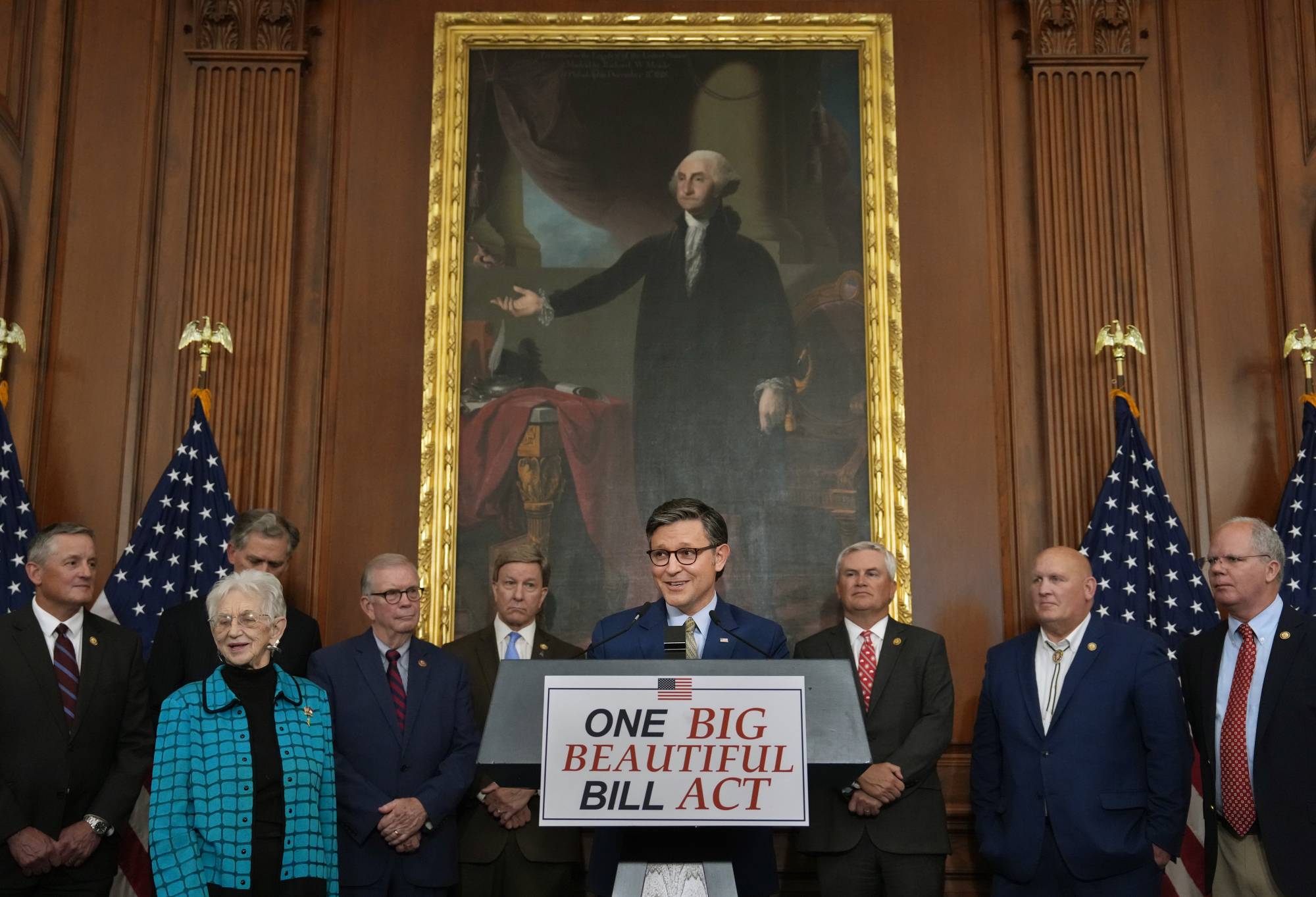
President Donald Trump’s sweeping healthcare legislation, now signed into law, is already causing widespread concern across California’s healthcare landscape. At the heart of the issue are significant federal funding cuts to Medicaid, nationally, and Medi-Cal in California—programs that provide healthcare to low-income Americans and currently support about one in three Californians.
The bill, touted by supporters as a necessary move to curb government spending, is one of the most consequential overhauls to federal healthcare funding in recent years. Proponents argue that the legislation will reduce deficits and limit the expansion of government, offering more flexibility for states to manage their programs. However, critics warn these changes could lead to devastating consequences for healthcare infrastructure, especially in lower-income and rural communities.
California, with its extensive reliance on Medi-Cal, is uniquely vulnerable. The state could lose billions in federal funding, placing pressure on the governor and legislators to either find alternative sources of funding or enact drastic budget cuts. Health experts and policy analysts warn that such decisions may result in hospital closures, cuts to essential care programs, and reduced access to services for millions of Californians.
Angela Hart, senior correspondent for KFF Health News, noted in a discussion with KQED Health Correspondent Lesley McClurg that this legislation may force California into difficult financial decisions. “This is not just a policy shift,” Hart said. “It threatens the structural integrity of a safety net system that has taken decades to build.”
Local governments and healthcare providers are bracing for the impact. Safety-net hospitals, community clinics, and public health initiatives that rely heavily on Medi-Cal funding could be among the hardest hit. The ripple effects may also include job losses in the healthcare sector and delayed treatments for patients who rely on public insurance.
As state officials assess the fiscal and humanitarian implications of this megabill, debates are intensifying around how to preserve access to care amid shrinking federal support. Some lawmakers have already proposed emergency state funding or temporary tax increases to offset the losses, but long-term solutions remain uncertain.
With California often viewed as a bellwether for nationwide healthcare trends, the unfolding situation could foreshadow broader national struggles with healthcare governance in an era of fiscal austerity.
As more details about implementation timelines and federal guidelines emerge, California’s response will be closely watched by policymakers, healthcare providers, and patients alike.
Source: https:// – Courtesy of the original publisher.






